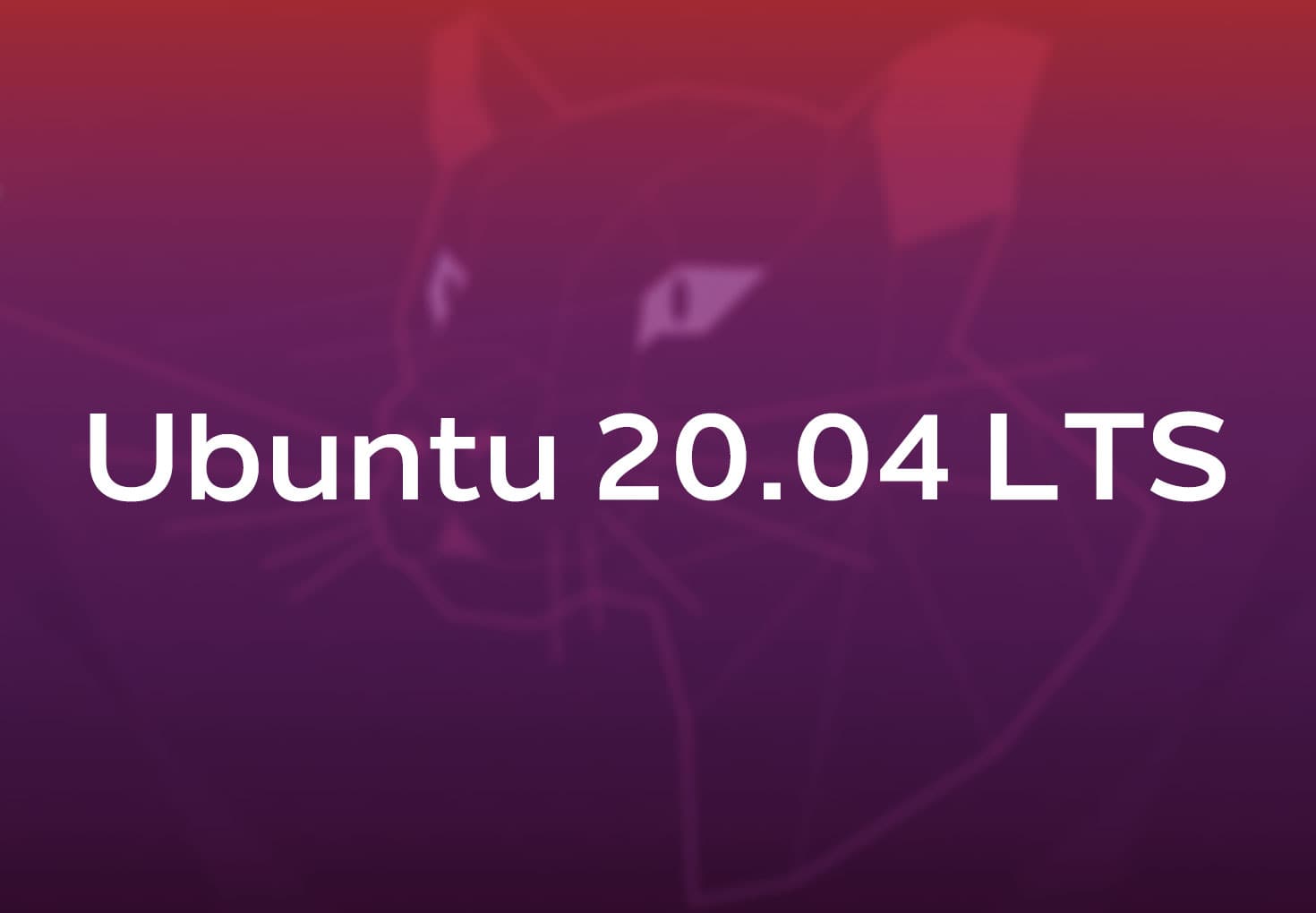Last thursday, April 23rd, the last LTS version of Ubuntu was released by Canonical: Ubuntu 20.04 LTS. Upgrading is possible both from Ubuntu 18.04 LTS and Ubuntu 19.10.
This long-term support release will provide public support for 5 years, until April 2025, for Ubuntu Desktop, Ubuntu Server, Ubuntu Cloud and Ubuntu Core; and until 2030 as a paid option. It is worth highlighting that Ubuntu 20.04 LTS stands out for its enhanced security, performance and stability.
New features and improvements of Ubuntu 20.04 LTS (Focal Fossa)
Linux Kernel 5.4 and Gnome 3.36
Ubuntu 20.04 LTS is based on the long-term supported Linux Kernel 5.4 and includes the new version of Gnome desktop environment, Gnome 3.36, by default.
The version 5.4 of the Linux Kernel adds many new features such as enhanced performance and security, faster boot times and important power-saving improvements. This kernel version also includes support for new hardware (such as Intel Comet Lake CPUs and initial Tiger Lake platforms) and raspberry pi (Pi 2B, Pi 3B, Pi 3A+, Pi 3B+, CM3, CM3+, Pi 4B).
Gnome 3.36 (“Gresik”) as default desktop environment improves performance and usability in Ubuntu 20.04 LTS. It includes new UI features for users — a new lock screen design and a new ‘do not disturb’ toggle, for instance — and many small enhancements.
Mark Shuttleworth, CEO of Canonical, said in a press release that:
“Accelerating open source globally is our mission. Ubuntu 20.04 LTS is the new state of the art open source platform for the enterprise and the entrepreneur. We bring together thousands of contributors and the world’s largest technology companies to make Ubuntu 20.04 LTS the standard reference platform for secure cloud and edge compute.”
Enhanced security and performance
In terms of performance, Ubuntu 20.04 LTS simplifies AI deployments thanks to the NVIDIA CUDA software stack, improves hardware support and memory consumption, and offers faster boot times, among other features.
In terms of security, Ubuntu 20.04 LTS includes many new features and enhancements, such as: Kernel Self Protection measures, stack-clash protection, control flow integrity , Fast ID Online (FIDO) for universal multi-factor and passwordless authentication for mitigating social engineering attacks and a secure boot to protect against low level attacks and rootkits. This last LTS version includes WireGuard VPN by default.
Ubuntu Server 20.04
Ubuntu Server 20.04 includes new features like automated server installs, a more resilient boot loader, the Ubuntu Server Live installer or the iptables to nftables migration. It also makes using encryption easier and allows failures to be reported more usefully. Besides, this new version includes many version updates, such as:
- QEMU 4.2
- Python 3.8
- PHP 7.4
- Ruby interpreter 2.7, an update that includes enhancements like pattern matching and improved REPL.
- Ruby on Rails 5.2.3
- libvirt 6.0
- Open vSwitch 2.13
- Chrony 3.5, which adds improvements in accuracy and controls.
- Cloud-init 20.1-10, which includes new features such as new datasource detection/support for e24cloud, Exoscale and Zstack.
- OpenStack Ussuri
- Bind 9.16.x
Regarding HA and clustering, among other changes and features, this new version includes Kronosnet as underlying network protocol for Linux HA components, which improves performance compared to the old network protocol. It also adds features such as higher throughput and lower latency or MTU auto-configuration.
HAProxy 2.0 is also included, adding features such as Layer 7 retries, traffic shadowing, Kubernetes Ingress Controller or log distribution and sampling.
Ubuntu Desktop 20.04
This new version includes great improvements in terms of performance, user interface and usability, such as lower CPU usage, cleaner login and lock screens, improved bug reporting tool or better app folder management.
Ubuntu Desktop 20.04 comes with Firefox 75 as default browser, Thunderbird 68.7.0 as email application and LibreOffice 6.4. It integrates with Google G Suite and Microsoft Exchange. It also includes support for open standards so that users can avoid vendor lock-in.
You can find more details about this new version in the release notes for Ubuntu 20.04 LTS.




